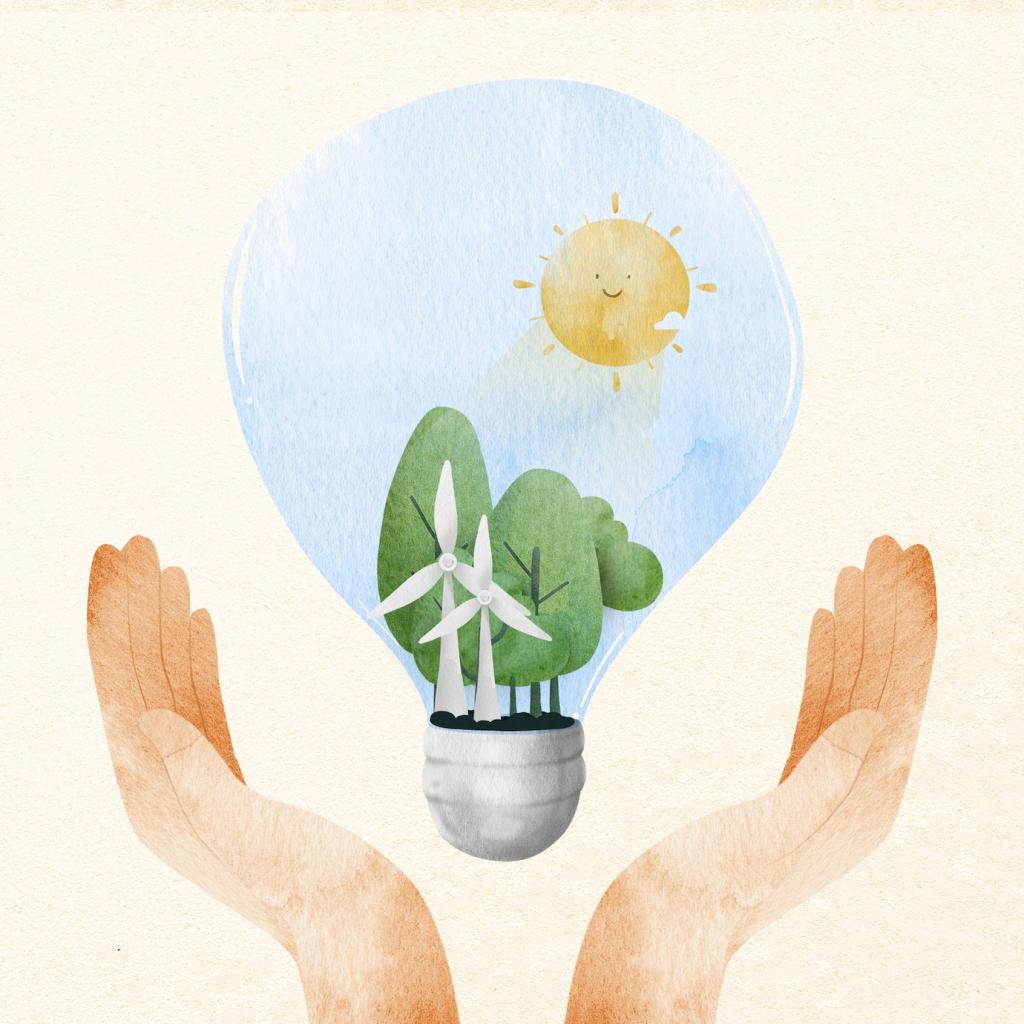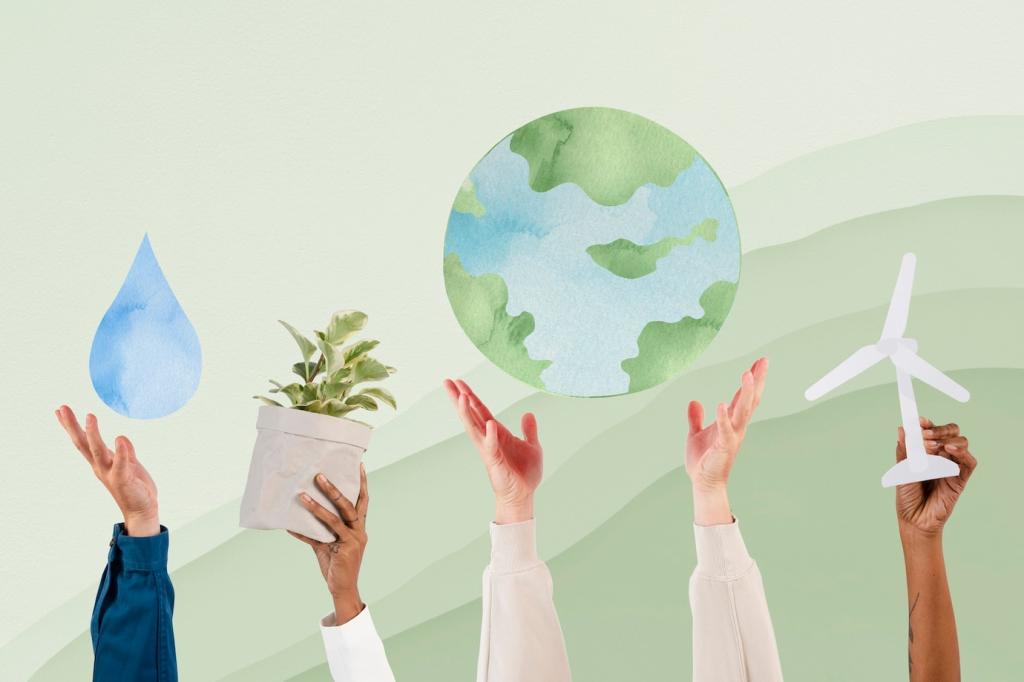This website uses cookies so that we can provide you with the best user experience possible. Cookie information is stored in your browser and performs functions such as recognising you when you return to our website and helping our team to understand which sections of the website you find most interesting and useful.
Urban Technology for a Waste-Free Future
Urban technology is forging new pathways toward a waste-free future, transforming how cities manage resources, reduce environmental footprints, and foster sustainable lifestyles. By harnessing innovation at the intersection of data, design, and infrastructure, urban environments are evolving beyond traditional waste management models. The seamless integration of smart systems, digital solutions, and circular economy principles is paving the way for more resilient, eco-friendly cities. As we look to the future, urban technology stands as a beacon of hope, inspiring municipalities, businesses, and citizens to reimagine waste not as an inevitable byproduct but as a resource to be minimized, reused, or eliminated entirely. This transformation is crucial in our collective journey toward sustainability.

Urban Material Reuse Platforms

Zero Waste Retail and Packaging

Product Life-Extension Services
Digital Citizen Engagement
Gamification for Waste Reduction



